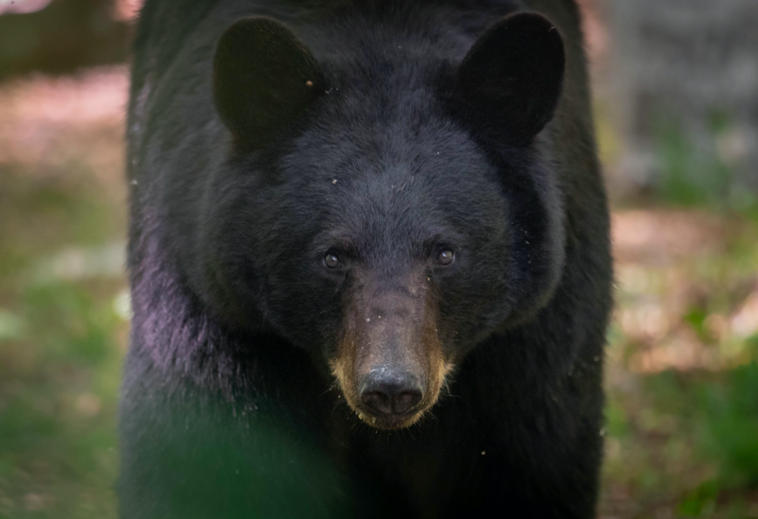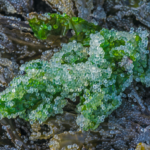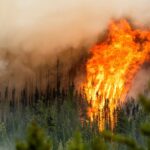A mother bear was euthanized by BC Conservation Officers near Thetis Lake on Vancouver Island this past week.
The black bear was displaying signs of food-conditioned behaviour, finding her way into the park’s garbage and even approaching homes looking for food.
The BC Conservation Officer Service said in a statement: “Bears that display food-conditioned behaviour and show a minimal fear of people are not candidates for relocation or rehabilitation, as the risk to public safety is too great.”
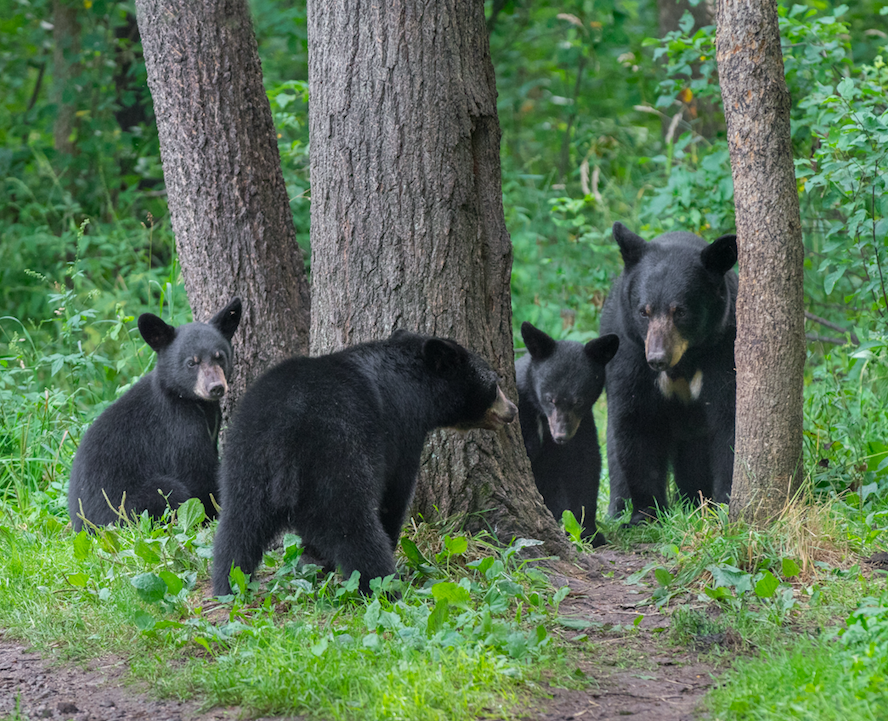
The mother’s three cubs, who were not exhibiting concerning behaviour, were tranquillized and relocated to the North Island Wildlife Recovery Centre. In a Facebook post on June 23rd, the Recovery Centre asked locals to bring produce for the bears: “We need apples for our bears! If you can help, please drop them off at our Gift Shop.”
“This is unfortunate, but conservation doesn’t do this unless safety is an issue. I’m sure they considered relocation and deemed it was not an option … If everyone using the parks and trails did better with securing garbage etc., this would not have happened.”
Erin Rose on Facebook
Island residents are responding passionately to the death of the mother bear, and a memorial has been set up on-site by 15-year-old View Royal resident Alaina Miller. “I was distraught,” she said to CHEK News of the bear’s death, which led her to lay flowers and photos near the place of the incident.
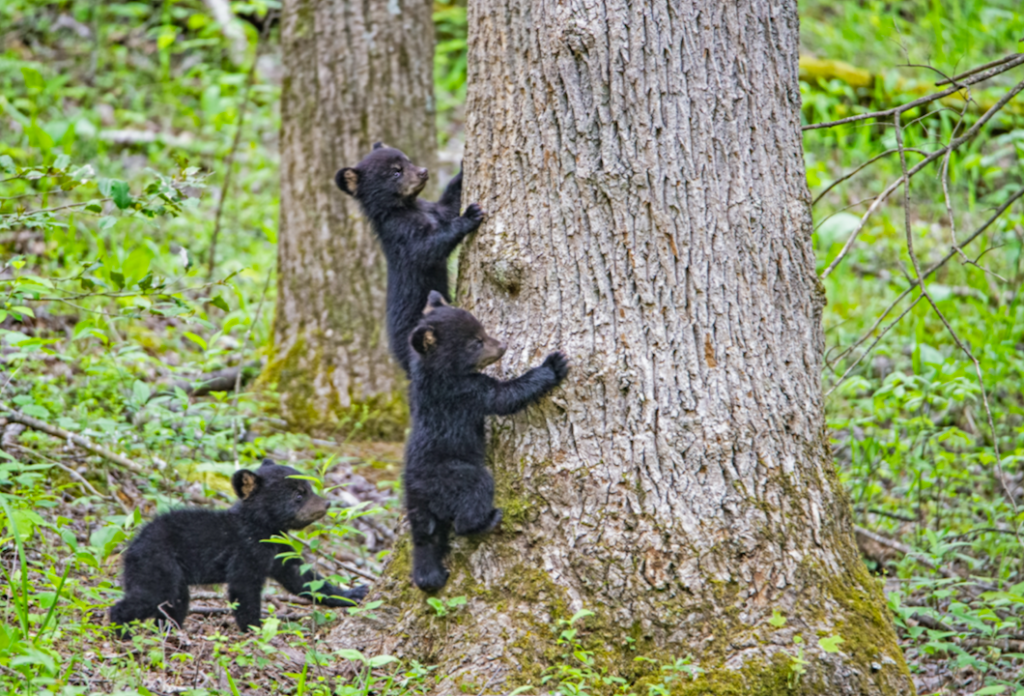
On social media, locals are chiming in on the measures that need to be taken to protect wildlife.
“This is unfortunate, but conservation doesn’t do this unless safety is an issue. I’m sure they considered relocation and deemed it was not an option … If everyone using the parks and trails did better with securing garbage etc., this would not have happened,” said Erin Rose on Facebook.
“When these things happen, we as the public need to remember that we are responsible for securing our attractants.”
Pacific Imagery Facebook Page
Sandy Benjamin commented online: “[they] should [have] relocated Mamma with her cubs. How sad. I wonder how the conservation officer that pulled the trigger feels. Rest easy sweet Mamma💜”
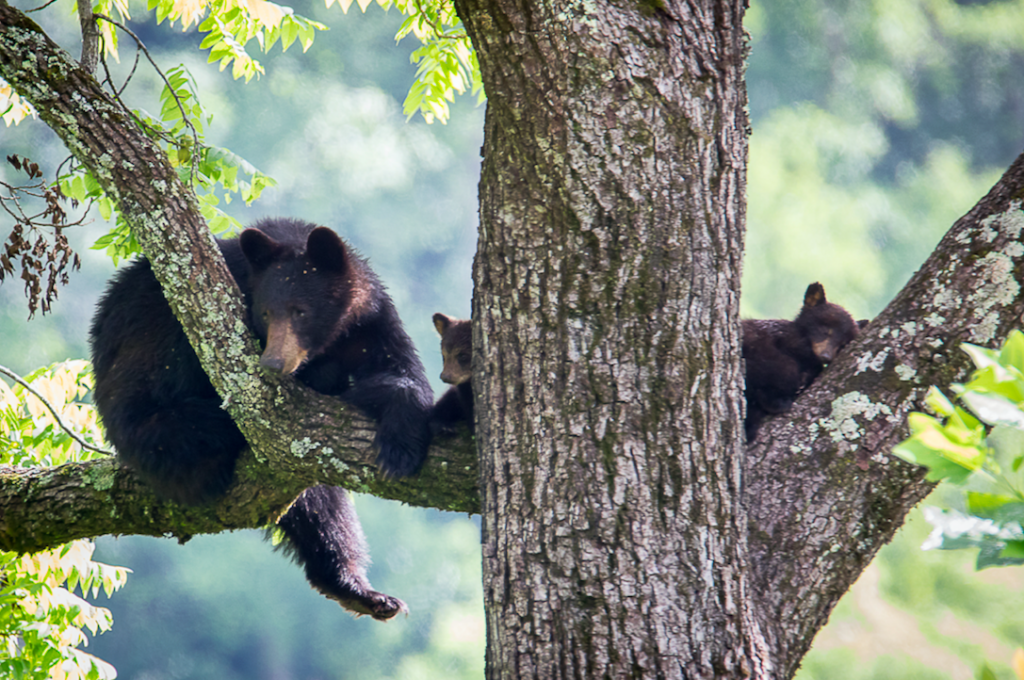
As early as April of this year, the Conservation Service had issued a public warning about the bear family taking up residence at Thetis Lake. At the time, they said they would take no action but recommended locals keep their dogs leashed and “stay bear aware.” The mother bear was tagged from a previous relocation by Conservation Officers from Langford, B.C.
“When these things happen, we as the public need to remember that we are responsible for securing our attractants,” the Pacific Imagery Facebook page wrote, sharing a video of a previous encounter with the mama bear. “Please understand that relocation is a nice idea to consider but not always an option as it would often lead to the same outcome.”
For more information on how to properly secure your garbage and other attractants of bears, Wildsafe BC has put together this helpful guide here.
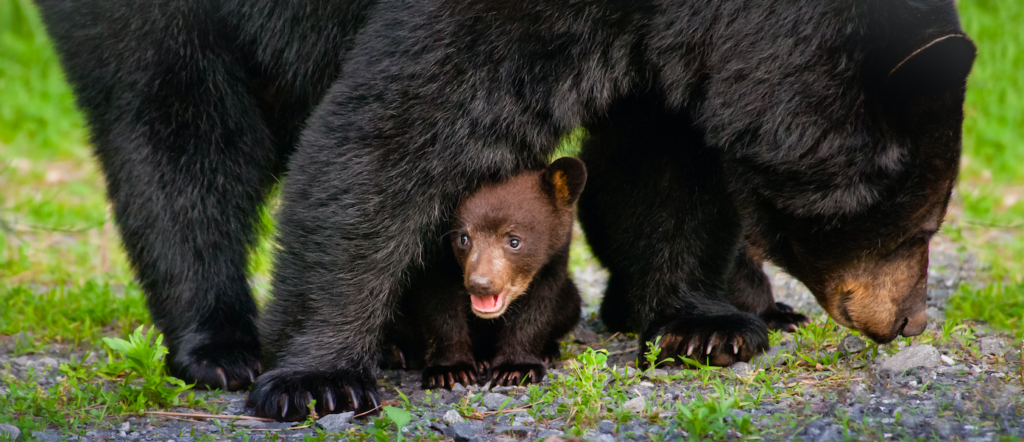
If you see a bear and are concerned, contact the Conservation Officer Service through their Report All Poachers and Polluters Line at 1-877-952-7277.




